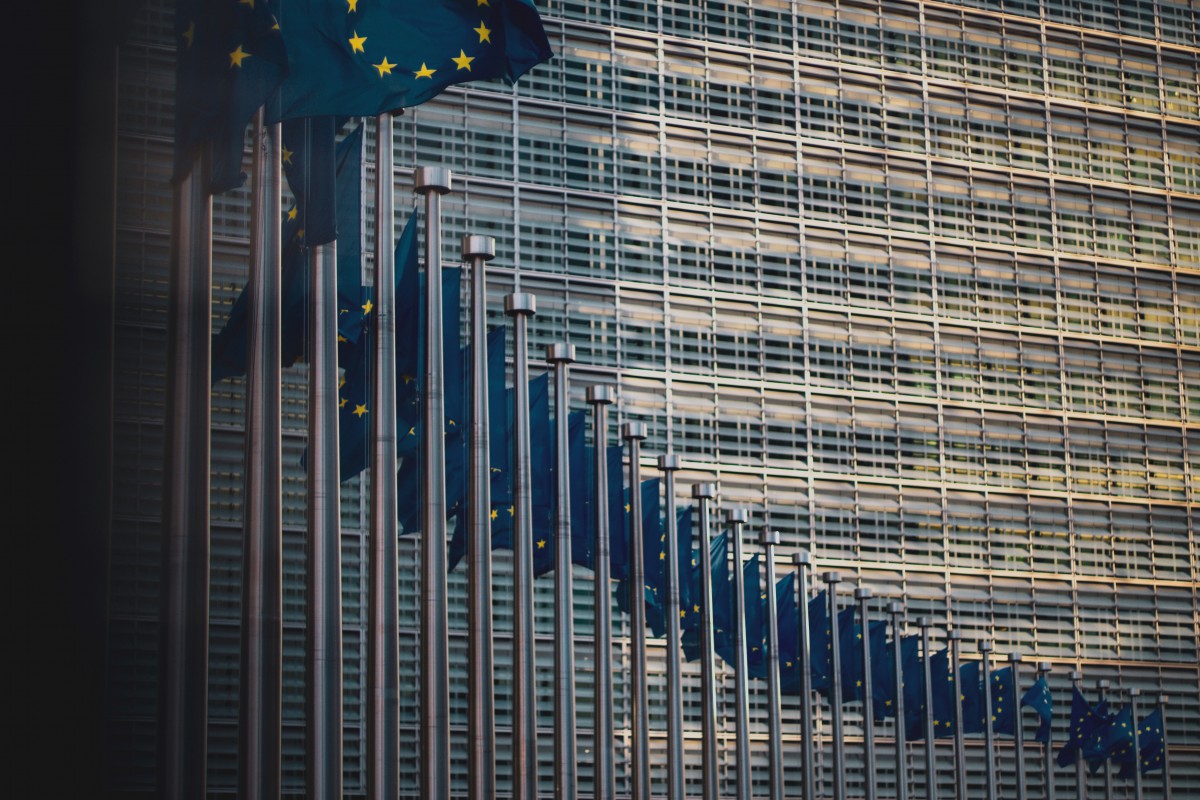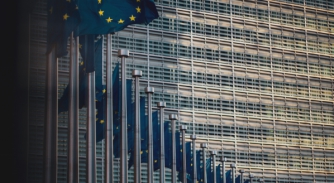EU law to crack down on greenwashing
A new EU law will impose a ban on unsubstantiated green marketing and unsupported carbon offsetting claims…

Earlier this month, the EU banned environmental claims on products or services without sufficient proof and instituted a total ban on claims based on offsetting. This continues efforts to mitigate and reduce corporate greenwashing, as seen previously in the legal case against KLM’s misleading “fly responsibly” campaign.
This should serve to reduce false claims and increase trust in the integrity of the remaining initiatives. Providing trustworthy information is important, especially given that, according to a recent study, over half of EU consumers are considering sustainability in their purchasing decisions.
The Green Claims Directive (GCD) bans unsubstantiated claims, such as “climate neutral”, used on labels for goods and services, which are often markers of greenwashing. The directive works in tandem with other EU efforts to improve the sustainability of products and services and their messaging to consumers.
A recent EU commission study found that more than half of all green claims are vague, misleading, or unfounded, alongside almost half of the ecolabels in the EU having weak or low verification processes. Claims such as “biodegradable” or “environmentally friendly” must now be backed through approved certification schemes based on the evidence provided. EU countries will have two years to implement this legislation.
This should drive several positive changes within the EU market. There will be a reduction in false labels, along with an increasing familiarity with authentic verification certificates and claims as they become more commonplace. Hopefully, there will be more transparency on the sustainability credentials of products and services for consumers, and this will lead to better consumer understanding of these aspects and potentially higher consumer expectations of the environmental performance of their purchases.
The total ban on claims based on offsetting echoes the concerns of others about the use of offsetting in bad faith. This, hopefully, will mean businesses will move away from relying on offsetting for improving environmental performance and instead towards more effective change that reduces the impact rather than just mitigating emissions/impacts once they’ve been caused. However, offsetting used in good faith can still be used for the business to otherwise contribute to positive changes.
These claims are also present in the superyacht and maritime industry. Walk around any trade show, and you’ll see numerous ambiguous green terminologies used. While there is likely some truth in these features, the approved certificates will give more certainty on sustainability-related aspects.
This new legislation is another pressure on businesses to be transparent and attain tangible sustainability information and metrics. Further demonstrating the need for suitable measuring and monitoring of environmentally improved characteristics.
Within the superyacht industry, this should mean using verified means such as Water Revolution Foundation’s database of sustainable solutions for products, or even YETI or SEA index scores for the yachts themselves. Hopefully, this continued trend of legislation will mean clearer information is available and lead to further understanding of this topic throughout the superyacht sector.
NEW: Sign up for SuperyachtNewsweek!
Get the latest weekly news, in-depth reports, intelligence, and strategic insights, delivered directly from The Superyacht Group's editors and market analysts.
Stay at the forefront of the superyacht industry with SuperyachtNewsweek
Click here to become part of The Superyacht Group community, and join us in our mission to make this industry accessible to all, and prosperous for the long-term. We are offering access to the superyacht industry’s most comprehensive and longstanding archive of business-critical information, as well as a comprehensive, real-time superyacht fleet database, for just £10 per month, because we are One Industry with One Mission. Sign up here.
Related news

Life Cycle Thinking
The narrative around green tech solutions for the energy transition in the superyacht industry is overly simplistic, we need to embrace the complex reality
Opinion

EU sets new battery sustainability regulations
After an EU Parliament vote, the European Council adopts new regulations strengthening sustainability rules for battery use and waste
Technology

CSE and WRF present sustainability framework
The Center for Sustainability and Excellence (CSE) in collaboration with the Water Revolution Foundation (WRF) create Sustainability Reporting Guidelines
Crew

Defining sustainability - EU Taxonomy Regulation
A profound conversation with Dr Vienna Eleuteri, initiator & vice chair of Water Revolution Foundation
Business
Related news
Life Cycle Thinking
3 years ago
EU sets new battery sustainability regulations
3 years ago
CSE and WRF present sustainability framework
4 years ago
Defining sustainability - EU Taxonomy Regulation
4 years ago
NEW: Sign up for
SuperyachtNewsweek!
Get the latest weekly news, in-depth reports, intelligence, and strategic insights, delivered directly from The Superyacht Group's editors and market analysts.
Stay at the forefront of the superyacht industry with SuperyachtNewsweek



